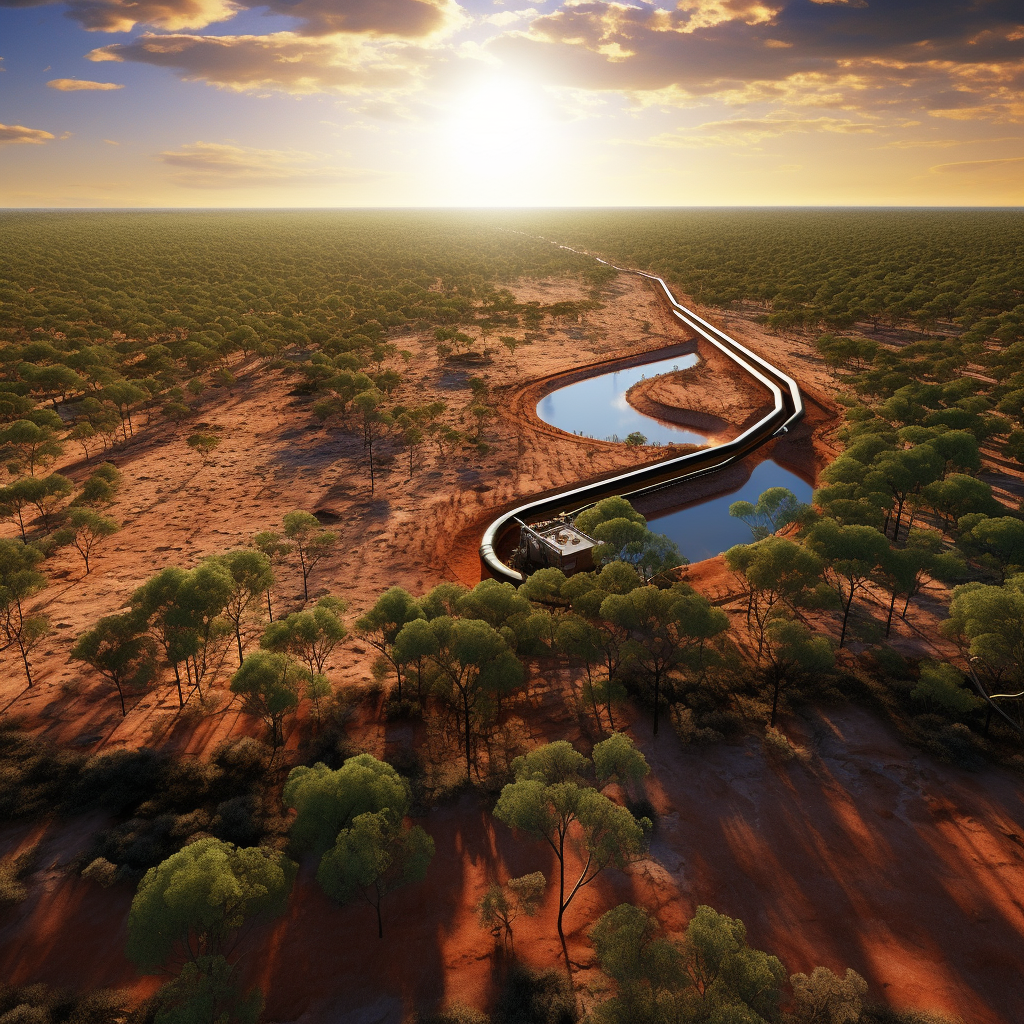November 1, 2023
The Beetaloo Basin Fracking Project and Australia’s Climate Crisis
Book a Demo
Australia’s escalating climate crisis, characterized by severe heatwaves and bushfires, is being exacerbated by a new challenge. A massive fracking project is set to start in the Northern Territory’s Beetaloo Basin, adding more fuel to the already heated debate surrounding Australia’s environmental policies and practices.
The Northern Territory government has given the green light to the project, basing its decision on a report backed by the Commonwealth Scientific and Industrial Research Organization (CSIRO). The report suggests that the project could proceed without causing any increase in Australia’s net emissions. However, this assertion has come under fire from critics who argue that the report is overly optimistic and heavily depends on Australia’s ability to offset emissions.
The proposed Beetaloo Basin project is a substantial one, dwarfing any existing gas project on Western Australia’s North-West Shelf. It’s predicted that over the course of 25 years, the project will release 1.2 billion tons of greenhouse gases. This figure is 45% higher than the projections outlined in the controversial report.
In response to these concerns, scientists from CSIRO have embarked on a research mission to assess the feasibility of mitigating the greenhouse gas emissions expected to result from the proposed development of the Beetaloo Sub-basin. The research aims to guide conversations about potential onshore gas development in the area. A key focus of these discussions is emissions offset, a strategy employed by companies and governments to counterbalance unavoidable emissions.
The study examined the lifecycle emissions of potential onshore shale gas development in the region over the next 25 years. It also analyzed the physical and technical viability of different mitigation and offset options. The research concluded that under all production scenarios, Australia would have sufficient offsets to counteract the proposed onshore gas development.
Interestingly, the study found that emissions from four of the scenarios could potentially be mitigated or physically abated with options available within Australia. However, as the debate continues to rage, it remains to be seen whether these findings will be enough to quell the concerns of critics and environmentalists.



